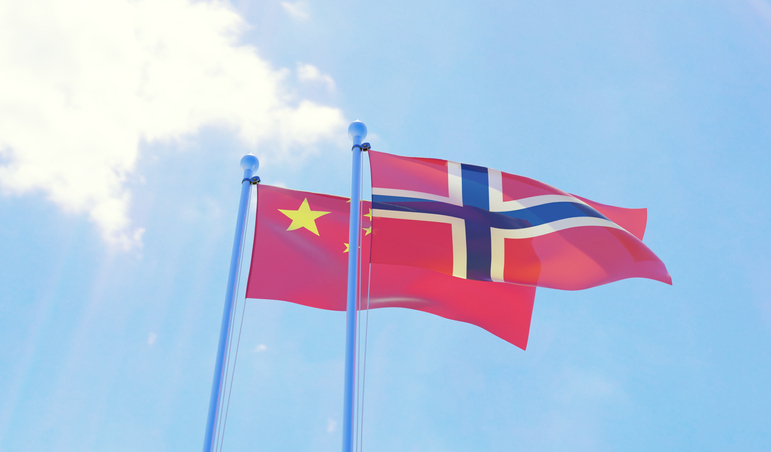A memorandum between China and Norway will speed up and reduce costs when applying for patents
On April 1, the China-Norway Patent Prosecution Highway (PPH) pilot began and is in effect until March 31, 2023.
A memorandum of understanding was signed between the China National Intellectual Property Administration (CNIPA) and the Norwegian Industrial Property Office (NIPO) at the end of 2019 allowing for accelerated examination of patent applications in each jurisdiction.
Applicants can request accelerated examination in China when a corresponding Norwegian patent application has one or more claims that are determined to be patentable by NIPO.
Applicants can also request accelerated examination in Norway when a corresponding China patent application has one or more claims that are determined to be patentable by CNIPA.
There is no requirement that applicants need to be Chinese or Norwegian applicants, only that they have a Norwegian or Chinese patent application.
The PPH allows cooperating patent authorities to use each other’s examination reports and statements on patentability when processing an application.
PPH agreements can reduce unnecessary duplication in application processing and can make it faster and cheaper for patent applicants to obtain a patent in the other country.





